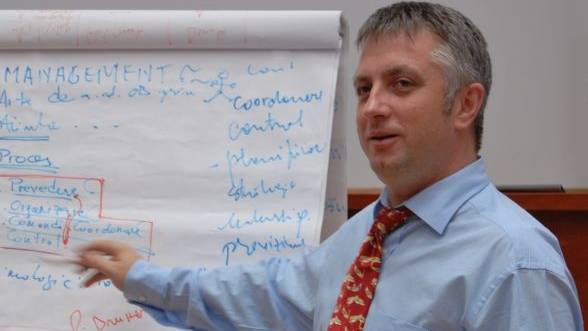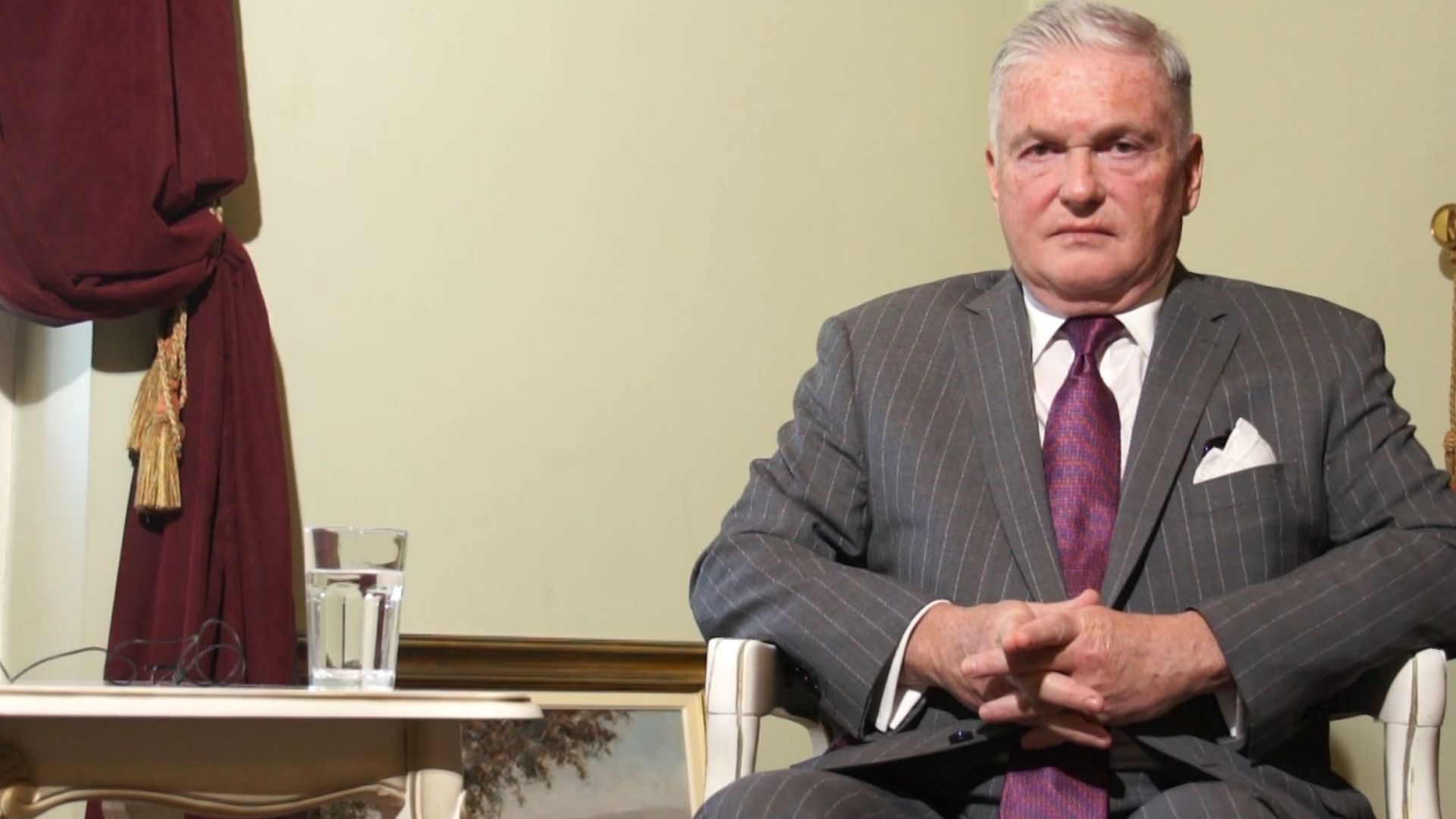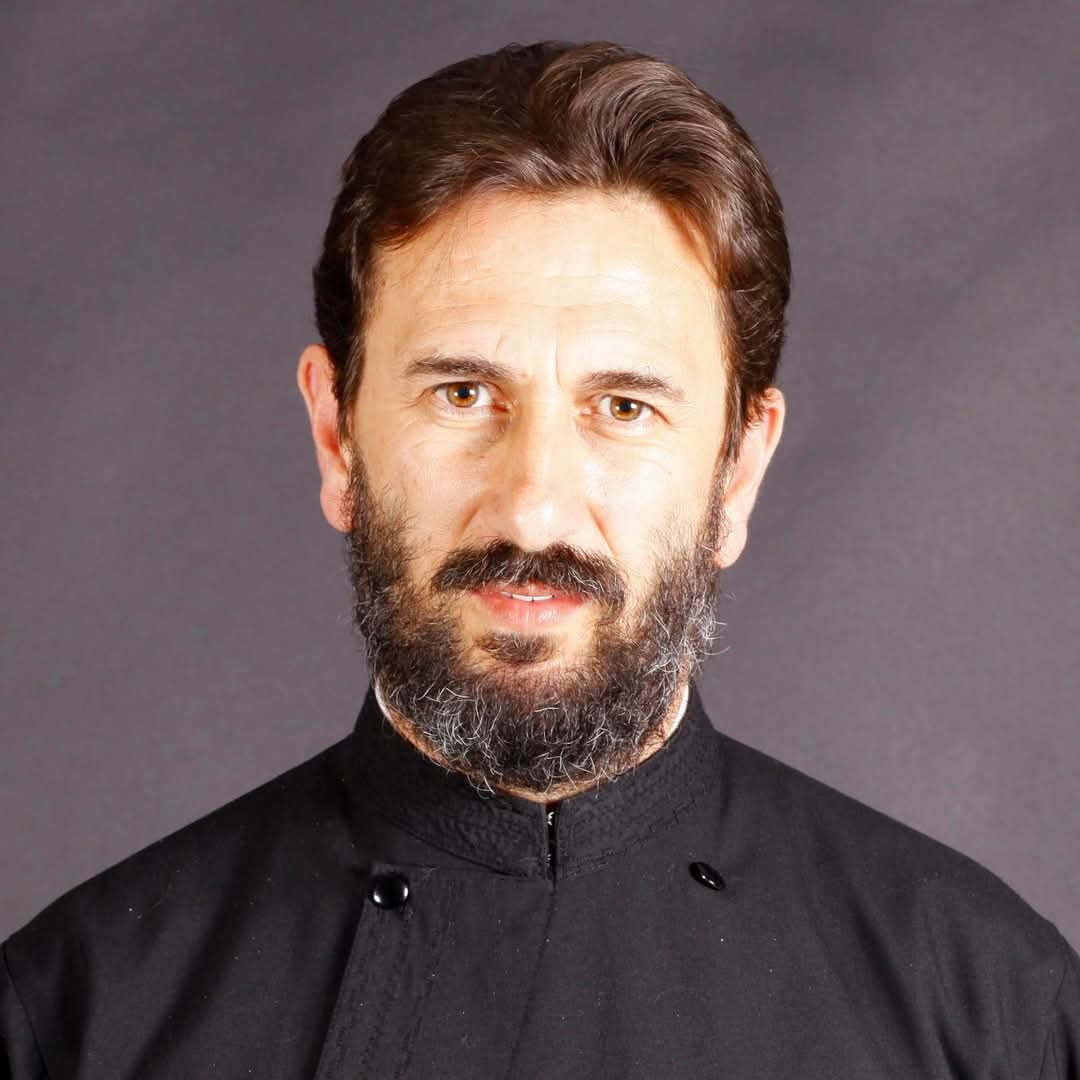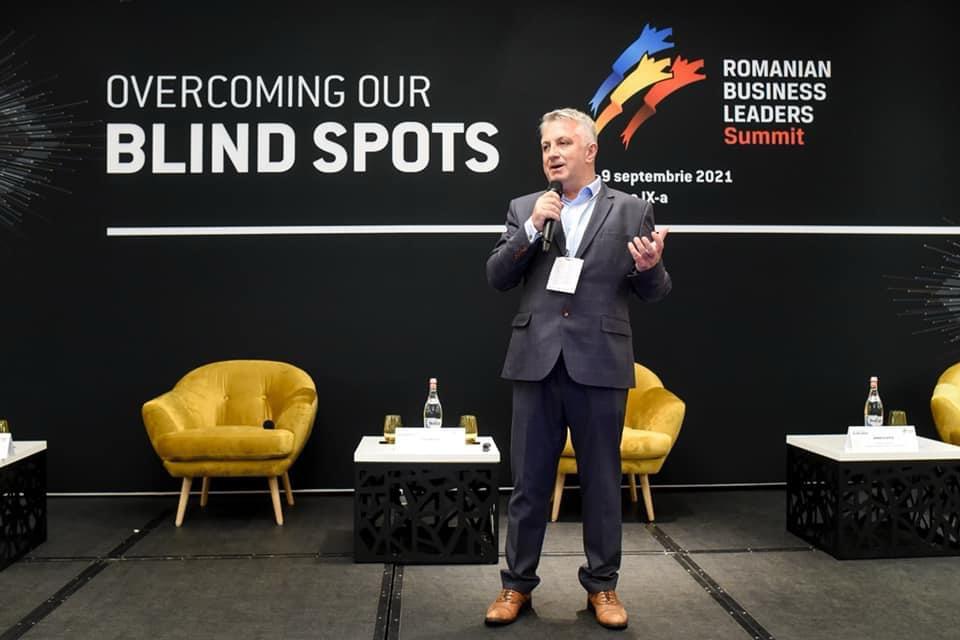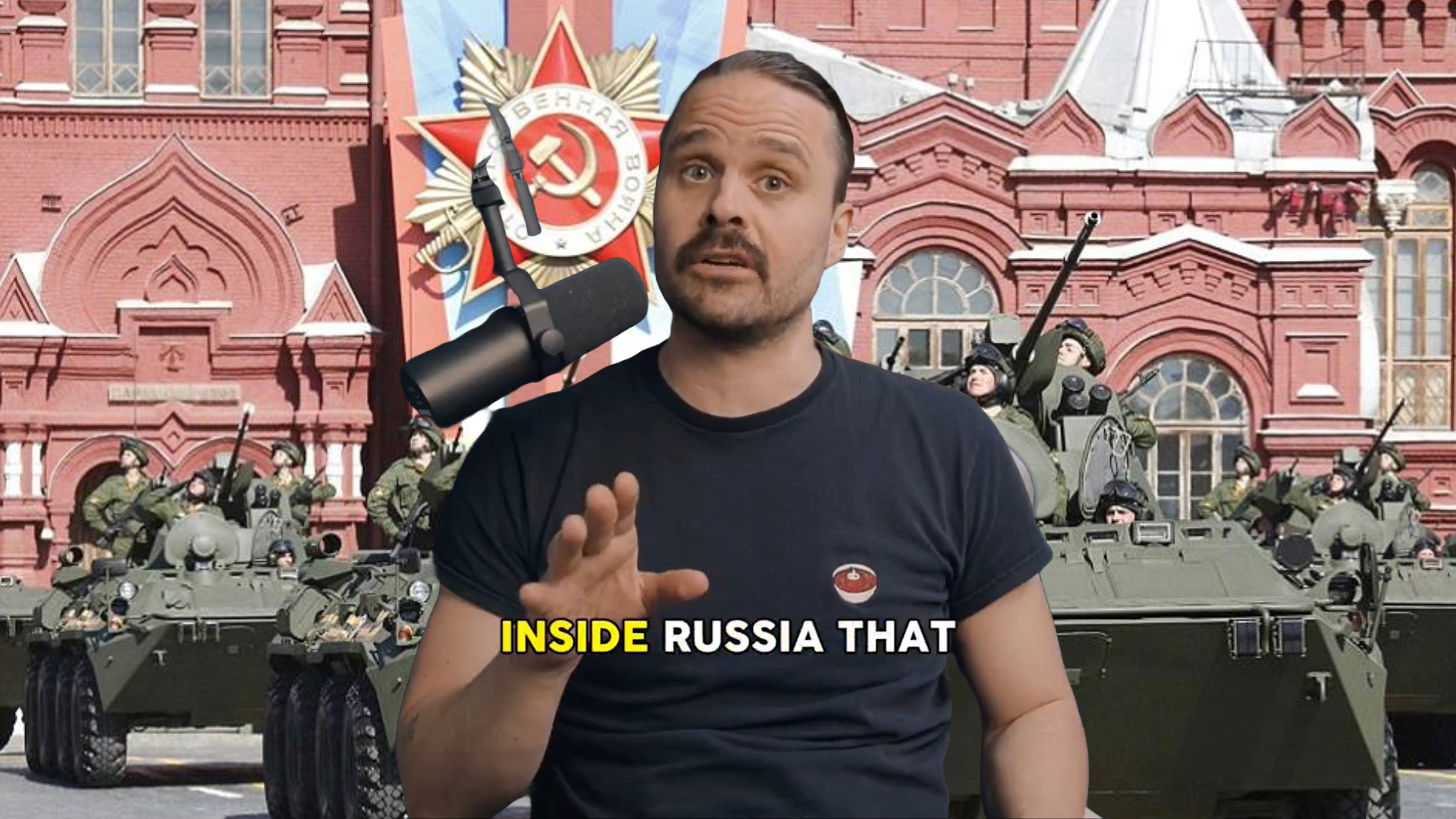 Turneul Vicepresedintelui Biden la Varsovia, Bucuresti si Praga a mai linistit Europa de Est dupa naucitorul anunt de renuntare la scutul antiracheta facut public chiar in ziua in care Polonia comemora invazia sovietica.
Turneul Vicepresedintelui Biden la Varsovia, Bucuresti si Praga a mai linistit Europa de Est dupa naucitorul anunt de renuntare la scutul antiracheta facut public chiar in ziua in care Polonia comemora invazia sovietica.
Damon Wilson, Director of the International Security Program at the Atlantic Council of the United States, explica pentru New Atlanticist, Biden to Bucharest: Why Romania?, de ce a fost ales si Bucurestiul, alaturi de Praga si Varsovia.
| „ | Romania under President Basescu is perhaps the most pro-American member of NATO. Damon Wilson, Atlantic Council of the US |
||
While stops in Warsaw and Prague are intended to rebuild trust, the visit to Romania provides a platform to underscore the broader goal of the trip by looking past missile defense and speaking to the entire region. The Bucharest stop also underscores the importance of Romania as a strategic partner for the United States. Romania under President Basescu is perhaps the most pro-American member of NATO. Yet there have been no top-level meetings since President Obama came to office.
The administration is increasingly recognizing that the relationship the United States has enjoyed with post-communist Romania is special. Romania has been a stalwart ally. Its leadership is not pro-Republican or pro-Democrat; it is pro-American. Romania has demonstrated that it is there when America needs it most. Romania did not hesitate to deploy large numbers of combat forces to Iraq and Afghanistan. And Bucharest allowed its soldiers to fight. Despite domestic political tensions and the economic crisis, Romania is planning to increase its forces in Afghanistan. Romania has also maintained close intelligence cooperation in support of U.S. global efforts.
| „ | Romania – and Basescu in particular – has been a consistent voice preaching and practicing the importance of ensuring European energy security by mitigating Europe’s dependency on Russia. Damon Wilson, Atlantic Council of the US |
||
With Basescu’s leadership, Romania signed base access agreements permitting U.S. forces to train and deploy through Romanian facilities if ever needed to respond to a crisis further east or south. And while Biden may not be ready to accept the offer, he will hear a Romanian leadership anxious to play its role in helping to defend all of Europe from the Iranian missile threat by hosting SA-3 missiles. Romania may be an ideal location for elements of the new system which requires a stronger presence in southeast Europe.
Romania has become a strategic actor with Washington, as Basescu has provided the “vision thing” by pressing the importance of Europe’s East, the Black Sea region and the “Strategic South.” His voice has pushed Washington to remember that there is much unfinished business in Europe, including integrating Ukraine, Moldova, Serbia and Georgia into Europe. Romania is also providing thought leadership as the Alliance drafts a new Strategic Concept.
In meetings with senior Americans, Basescu often unfolds a map demonstrating the Black Sea as a strategic crossroads for opportunities and challenges. Because he caught Washington’s attention, the United States is increasingly focusing on the Black Sea region as a pivotal European region linking Europe to the East. Bucharest’s vision rightly ensures that Romania and Bulgaria would not remain the eastern borders of Europe. Biden’s speech in Bucharest provides the right opportunity to embrace this good advice as Obama administration policy.
Romania – and Basescu in particular – has been a consistent voice preaching and practicing the importance of ensuring European energy security by mitigating Europe’s dependency on Russia. (…)
Reminiscent of Biden’s July visits to Ukraine and Georgia to assuage concerns regarding the Russia reset policy, Biden is again embarking again for Europe to assuage concerns. He will succeed is calming the waters on missile defense if he uses the trip to spell out the administration’s policy for the region. If Biden embraces Basescu’s vision for completing the unfinished business in Europe’s East, the United States can count on Romania being among our key partners in achieving that vision.
| „ | Momentul anun?ului, la cea de-a 70-a aniversare a invaziei sovietice în Polonia, este un simbol al diploma?iei de mântuiala. Sunat în plina noapte, primul-ministru al Poloniei a refuzat sa-i raspunda la telefon lui Obama ?i apoi lui Hillary Clinton, redirec?ionând-o pe aceasta din urma catre ministrul sau de Externe. Fareed Zakaria, Newsweek International |
||
Pentru a intelege mai bine socul produs in Polonia de nefericitul anunt al Presedintelui Obama, iata un scurt fragment dintr-un text, Revenire la realitate, scris de Fareed Zakaria , redactor sef al Newsweek International si sustinator al deciziei Casei Albe privind renuntarea la scutul antiracheta:
Atunci de ce lasa asa un gust neplacut? Zbigniew Brzezinski, fostul consilier de securitate nationala, o persoana care a fost întotdeauna atenta la securitatea Europei de Est, sprijina decizia lui Obama, dar afirma ca administratia a pus problema neîndemânatic: „În felul în care a comunicat aceasta decizie, a umilit doua aliate de nadejde, care s-au dat peste cap ca sa adopte politica SUA“.
Amplasarea de baze antiracheta nu s-a bucurat niciodata de sprijin popular printre cehi si polonezi, deoarece se poate presupune ca nu au crezut ca Iranul planuieste sa arunce cu rachete nucleare peste ei. Dar Brzezinski subliniaza ca „pentru guvernele acestor tari devenise un test al temeiniciei sprijinului american. Administratia ar fi trebuit sa-si dea seama de importanta pe care o dobândise acest gest“.
Momentul anuntului, la cea de-a 70-a aniversare a invaziei sovietice în Polonia, este un simbol al diplomatiei de mântuiala. Sunat în plina noapte, primul-ministru al Poloniei a refuzat sa-i raspunda la telefon lui Obama si apoi lui Hillary Clinton, redirectionând-o pe aceasta din urma catre ministrul sau de Externe.



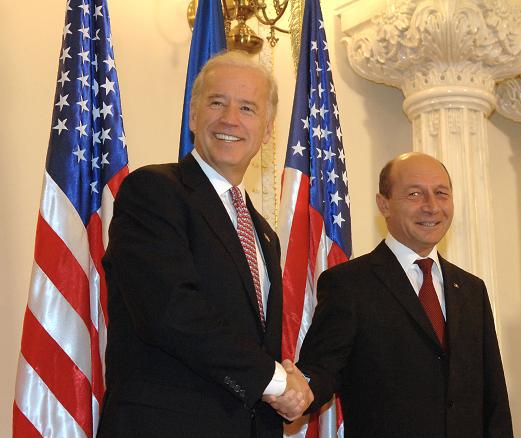



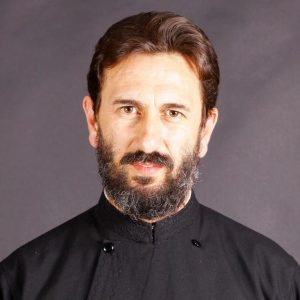
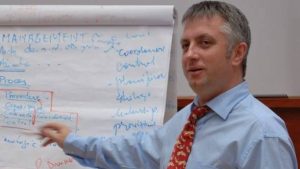

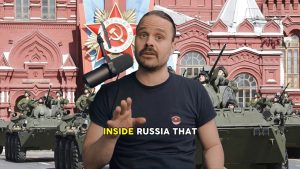
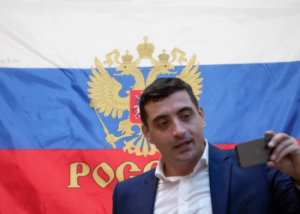
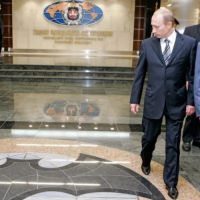
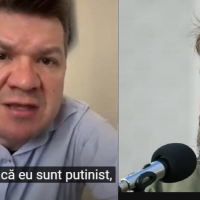
![marius-bostan-foto[1] marius-bostan-foto[1]](https://inliniedreapta.net/wp-content/uploads/elementor/thumbs/marius-bostan-foto1-qt9ywoo2b2lgv37b76h9qr5yo6db5vwzoxbuvd4e6o.jpg)


